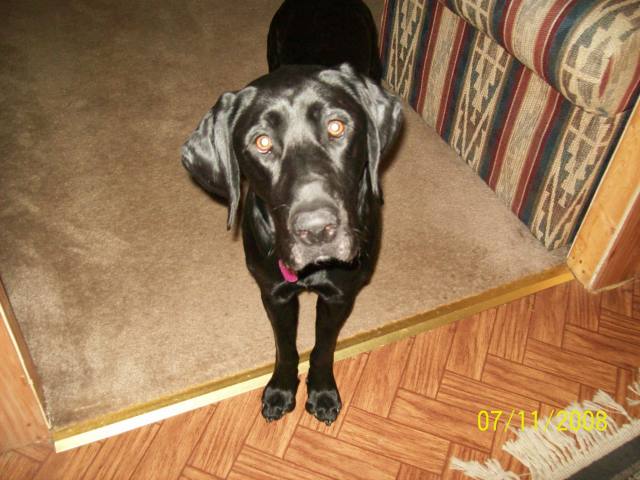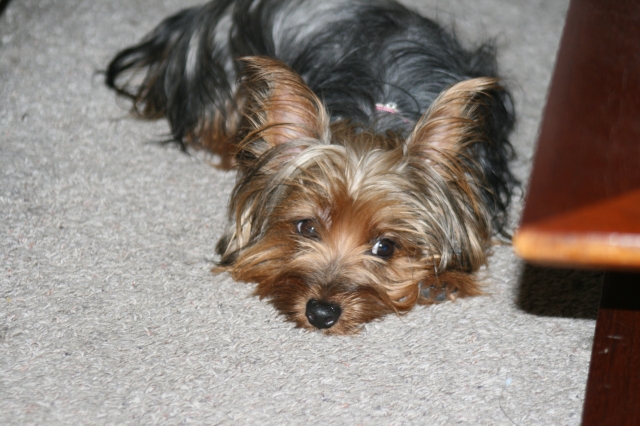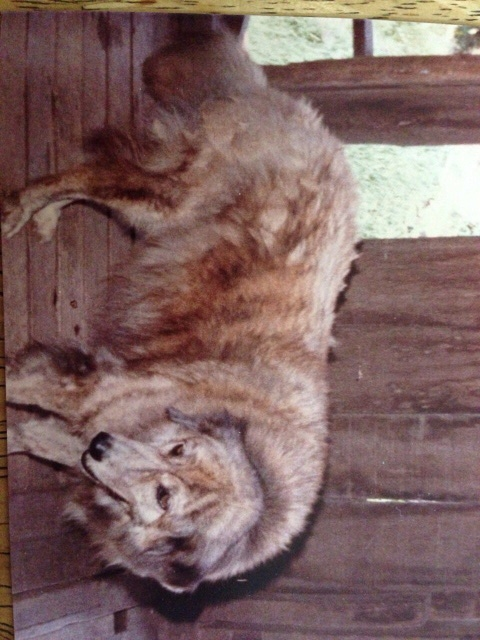QuestionHi,
I am in dire need of help! I have a brand new 8 week old chocolate lab/border collie cross. After reading much information, and hearing my puppy cry for hours on end, I have learned that labs are particularly prone to separation anxiety, however, myself and my husband are unable to stay with her during the day as we both work 8+ hours and live in an apartment. I am terrified of creating separation anxiety. We have attempted multiple short alone times and she cries almost the entire time! I have heard that kenneling in a travel crate may be helpful as it allows them to have a comfortable place. Also, with crating, should I be giving her food and water in her crate if we are alway for upwards of 9 hours at a time (I assume yes because she needs nourisment, but some vets I have talked to say not to put food/water with her during the day time) . Do you have any advice, because as it stands we cannot leave her alone with yowls/cries and yips, for hours and cannot seem to calm herself and I cannot quit my job :-S
Thank-you in advance for any information you can offer.
AnswerWe have had many Lab puppies and never had trouble leaving them alone all day starting at 7 weeks. One important factor was that one or the other of us could always make it back for a mid day break. I think it is essential. If there is no way either of you can make it back, check with your neighbors or a professional dog walker. A puppy in a small crate usually can go 4-5 hours without relieving itself, food, or water. The dog may be happier in its den than loose in the house. It relaxes, it feels safe in its den. It rests, the body slows down reducing the need for water and relieving its self. Dogs that have been crated all along do very well. Many of them will rest in their crates even when the door is open. I think the plastic ones give the dog more of a safe, enclosed den feeling. Metal ones can be put in a corner or covered with something the dog can't pull in and chew. Select a crate just big enough for the full grown dog to stretch out in. It may help to block off most of it at first.
The "shut the puppy in a safe room" is a fallacy. Very few houses even have a safe room. How many of us have a room with a hard surfaced floor and nothing else? Most rooms have electrical cords to chew if nothing else. In addition to destroying anything a bored puppy finds to chew, it may choke or have intestinal blockage from the pieces. I had a friend that left her dog in a "safe" room. It ate a hole in the floor covering. The safe rooms fail to give the dog the comfort of the enclosed space their instinct requires. Nor do they restrict activity extending the time the dog can go without relieving itself.
What I do is lay down by the crate like I was going to sleep there. Usually a puppy may fuss a little, but then settle down and go to sleep. Once it is asleep, you can get up and go to bed.

 My 2 yr old blacks eating habits.
Question
Pic of Tula
I have a 2yr old black lab. Her an
My 2 yr old blacks eating habits.
Question
Pic of Tula
I have a 2yr old black lab. Her an
 maltese with brown ears
Question
maltese
we bought a dog and owner said its pur
maltese with brown ears
Question
maltese
we bought a dog and owner said its pur
 Agression towards kids
Question
Holly Daze
I have a 2.5yo Silky Terrier. She i
Agression towards kids
Question
Holly Daze
I have a 2.5yo Silky Terrier. She i
 My 1 year old Yorktese is paper trained but goes pee in the middle of the kitchen floor
Question
QUESTION: I have a wonderful 1 year old
My 1 year old Yorktese is paper trained but goes pee in the middle of the kitchen floor
Question
QUESTION: I have a wonderful 1 year old
 Identifying the breed
Question
Unknown Dog
Greetings Patti, I would li
Identifying the breed
Question
Unknown Dog
Greetings Patti, I would li